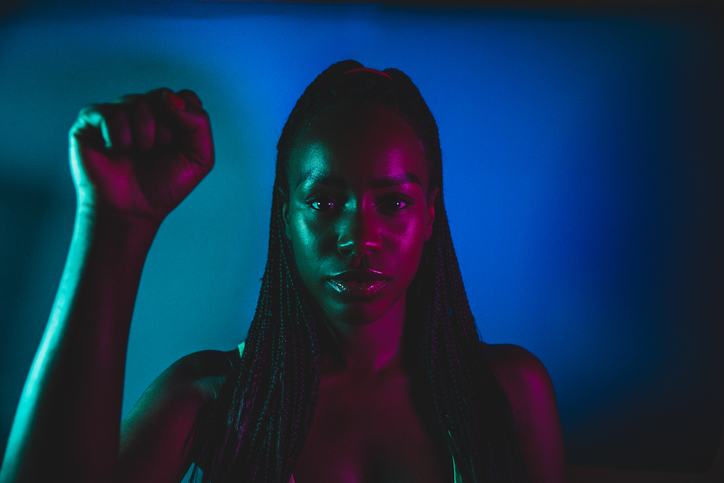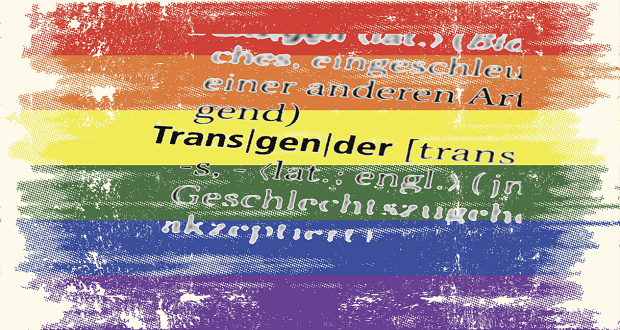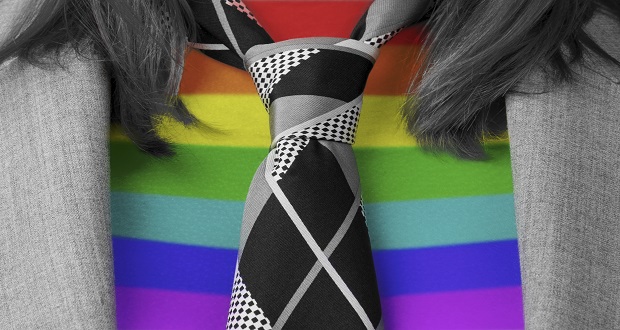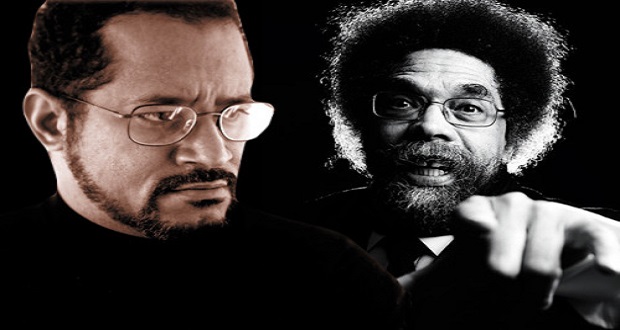
I can still remember when I “woke up” from my deep slumber of ignorance. As a wide-eyed college student, I was exposed to an exhaustive list of violent systems of oppression: white privilege, homophobia, transphobia, xenophobia, patriarchy, anti-Blackness, environmental degradation, ableism, a corrupt political system…the list seemed inexhaustible. I felt both outraged and affirmed in my experience as a womxn of color and child of an immigrant, growing up in a white suburb. I decided in those early years that I would be in the trenches for the rest of my life, fighting for change. And for the last 12 years, I have done just that: climate change activism, youth leadership development, educational equity, and most recently becoming a DEI practitioner. I am proud of the work I have done and am grateful for the many people I have met in this work.
Some might say I am “woke.” This used to feel like a badge of honor. But lately, it’s starting to feel like a way of being that oozes moral superiority and lacks compassion.
Some might say I am 'woke.' This used to feel like a badge of honor. But lately, it’s starting to feel like a way of being that oozes moral superiority and lacks compassion. Click To TweetFor far too long, I have been internalizing other people’s ignorance. I have allowed the aloof and well-meaning white people I work with to ruin my day, time and time again. Microaggressions, stealing credit for my ideas, and being tokenized are a few of the many brutal, recurring reminders of my “otherness.” I decided that these well-meaning “problematic white people” are the worst kind of colleague, and I diligently avoided them because they tended to do the most harm with the least amount of accountability. And because this experience felt isolating, I looked for folx who shared my outlook when building relationships at work. And the barometer I used was whether or not you were “woke.”
If you were not woke, you were not to be trusted. You were to be avoided at all costs so I could get through my day unscathed. Having this attitude worked for a while, until it didn’t.
There came a point where I grew into someone I didn’t recognize: reactionary, defensive, morally superior. Always angry and agitated, rarely settled and calm. I used guilt and shame to propel others into their journey of awakening to racism and systems of oppression. I made it my job to call out ignorant language and inequitable policies. I built relationships based on common enemy intimacy: we hated the same people and talked a whole lot of trash behind their backs. We fueled each other’s rage and went about our days saying: “He did what?”
Wokeness normalizes rage, which has its place. It helps us find others who are critical of the same systems and problematic behaviors — but that’s also where it has shortcomings. As soon as we band together around shared antipathy, we lose out on the opportunity for restorative justice, and ultimately healing.
As soon as we band together around shared antipathy, we lose out on the opportunity for restorative justice, and ultimately healing. Click To TweetThere has to be a better way. I’m tired of living and working from a place of rage and fragility.
A few years ago, I led a diversity training at a college in Washington. We were discussing microaggressions and the myriad ways they manifest in the college community. I was using the term “differently-abled” repeatedly to refer to folks living with disabilities. Once the training was over, someone who worked in our Disability Service Center approached me. She offered that while she understands the term “differently-abled” seems inclusive, it actually sanitizes disability and is a derogatory term. After a flicker of shame, I was grateful for that moment of accountability and we developed a close friendship based on mutual desire to deepen our learning. I learned about the disability justice community and my perspective has forever been shifted as a result.
I invite you to stop internalizing other people’s ignorance and hate. I invite you into the journey of mindfulness and self-love to enhance your work in transformational change. Click To TweetIn order for this work to be sustainable, I invite you to stop internalizing other people’s ignorance and hate. I invite you into the journey of mindfulness and self-love to enhance your work in transformational change. By learning and utilizing these skills, you will know that your worth is not tied up in your ability to change someone’s behaviors or ideology. May you gently release your grip on perfection, and replace it with an open palm to meet ignorance with kindness and compassion. Feel your rage. Feel your anger. Feel it deeply and fully. Then engage in things that restore your spirits: make art, write, sing, dance, breathe, laugh. Invest in your mental and physical health. Do you boo.
Feel your rage. Feel your anger. Feel it deeply and fully. Then engage in things that restore your spirits: make art, write, sing, dance, breathe, laugh. Invest in your mental and physical health. Do you boo. Click To TweetI welcome you into the journey of Wokeness 2.0 as described by Ayishat Akanbi:
“Working toward a balanced society is achievable. We can only do this by practicing compassion. Compassion and empathy is paramount to any social movement and to any form of progress. Once you have compassion and empathy you find you have a lot more in common than you do apart. And it’s the system that we live in that forcefully tries to group us on our differences. What is radical, is kindness. What is radical, is understanding. That’s the one thing they don’t want us to do is understand each other.”



















Really enjoyed this, particularly the last two paragraphs. Thank you!